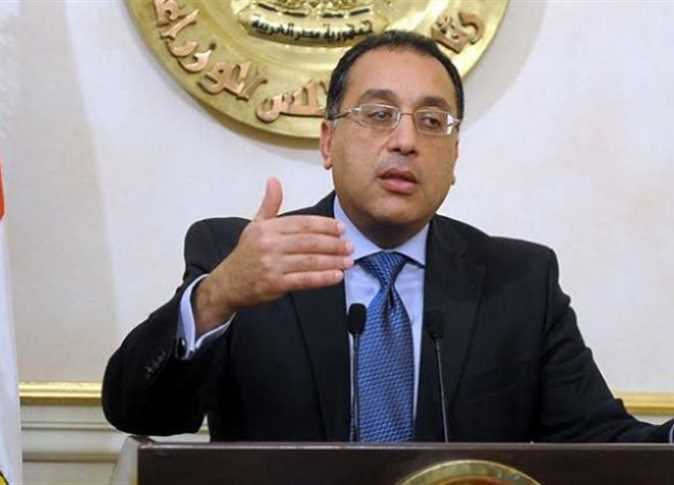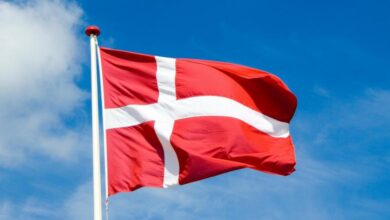
Egypt is planning to offer at least 10 companies for sale in 2025, according to a press conference by Prime Minister Mostafa Madbouly held on Wednesday.
He added that among the companies to be offered, four are owned by the military.
The offerings will vary between direct investment and the stock exchange, and will include the Bank of Alexandria and Cairo Bank in the near future, similar to the United Bank, according to the Prime Minister.
Madbouly said that the government aims to offer shares of “Wataniya,” “Safi,” “Shell Out,” and “Silo,” which are affiliated with the military, on the stock exchange by the middle of next year.
In addition to these companies, the government intends to offer shares through the government offerings program in the Gebel El Zeit wind farm, El Amal El Sharif for Plastics Company, Egypt for Pharmaceutical Industries, and the “Sid” Pharmaceuticals Company.
The Prime Minister’s statements come a day after the shares of the United Bank, owned by the Central Bank of Egypt, began trading on the Egyptian Stock Exchange, raising up to LE4.6 billion ($92.14 million) from the offering of 30 percent of its shares.
The public offering was covered 59 times, and the institutional offering was covered six times, reflecting heightened demand from investors.
Prioritizing “Wataniya” and “Safi” for first-half offering
Madbouly emphasized that the companies “Wataniya” and “Safi” will be given priority, stating: “We aim to complete their offering by the first half of 2025.”
Established in 1993, “Wataniya” owns approximately 255 fuel service stations and has 20 stations under construction, along with 25 in the planning phase.
The company is wholly owned by the National Service Projects Authority, which is affiliated with the Armed Forces.
The Authority also holds a 20 percent stake in “Taqa Arabia,” one of the potential competitors to acquire “Wataniya.”
These stock market offerings represent an initial move by the Egyptian government to sell shares of state-owned companies in the capital market in recent times.
Egypt’s government offering program
This development comes in tandem with the demands of the International Monetary Fund (IMF) to curtail the role of state institutions in the economy, which has faced a crisis in the past two years.
Egypt has entered into a comprehensive agreement with the IMF, which is a key part of a $57 billion global rescue package that began last year for the country, considered a major player in the Middle East.




